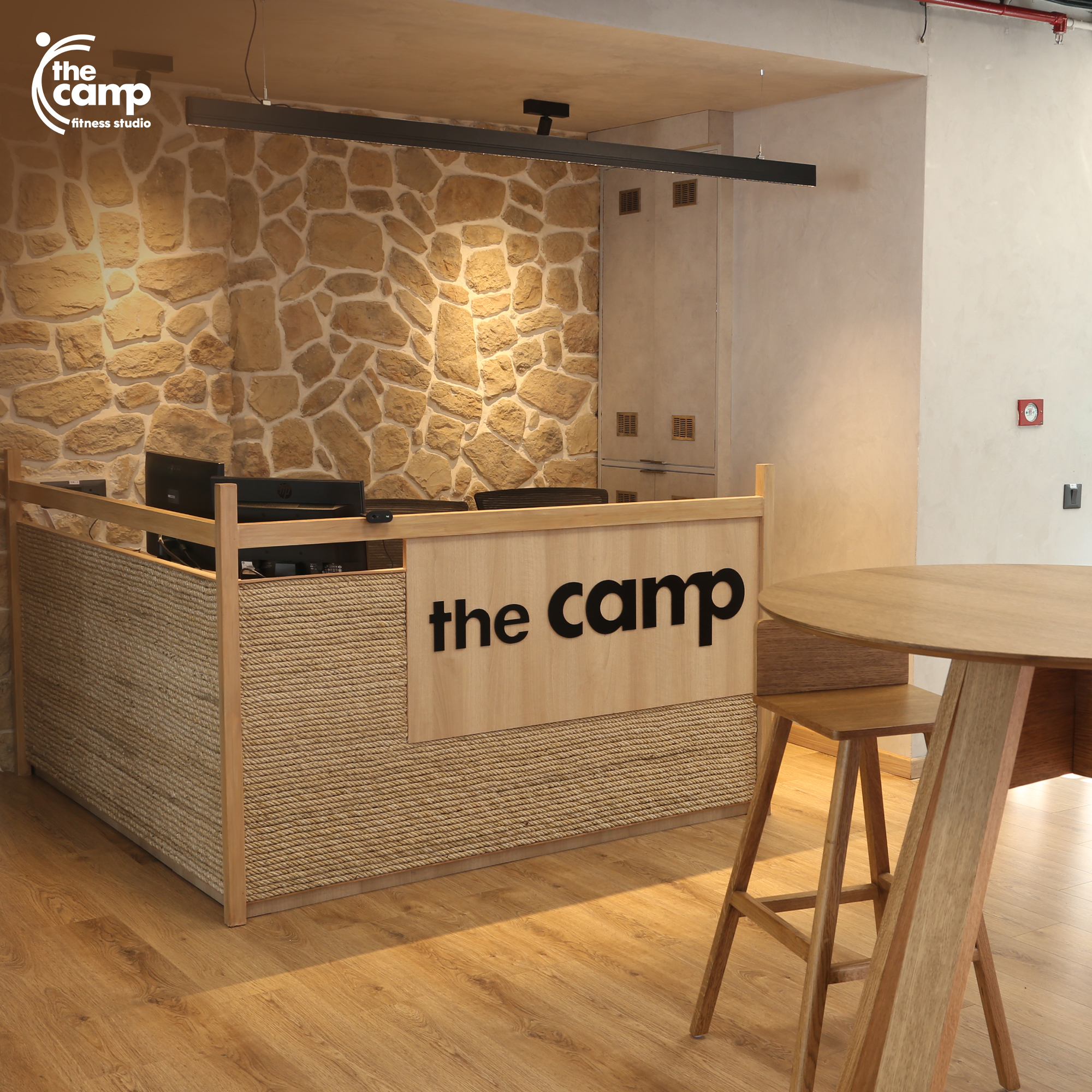Burn Calories While You Rest? Understanding BMR and Why It Matters!
Ever wondered how many calories your body burns even when you're just lounging on the couch, scrolling through your phone, or even sleeping? That’s where BMR—Basal Metabolic Rate—comes into play.
What is BMR?
BMR (Basal Metabolic Rate) is the number of calories your body needs to perform basic functions like breathing, blood circulation, and maintaining body temperature. Think of it as the energy your body requires to stay alive without any extra movement. Even if you lie in bed all day doing absolutely nothing, your body still needs energy to function.






